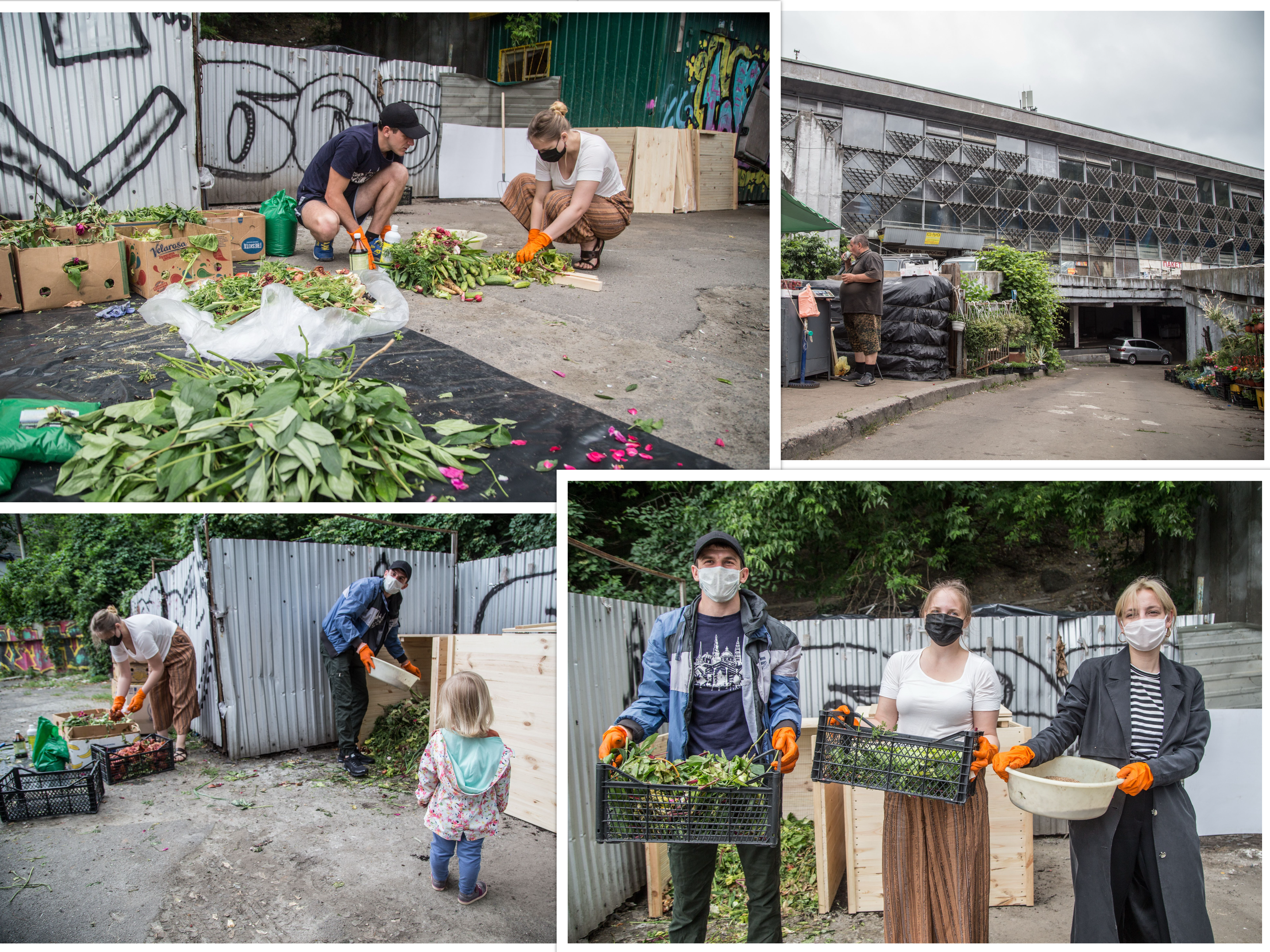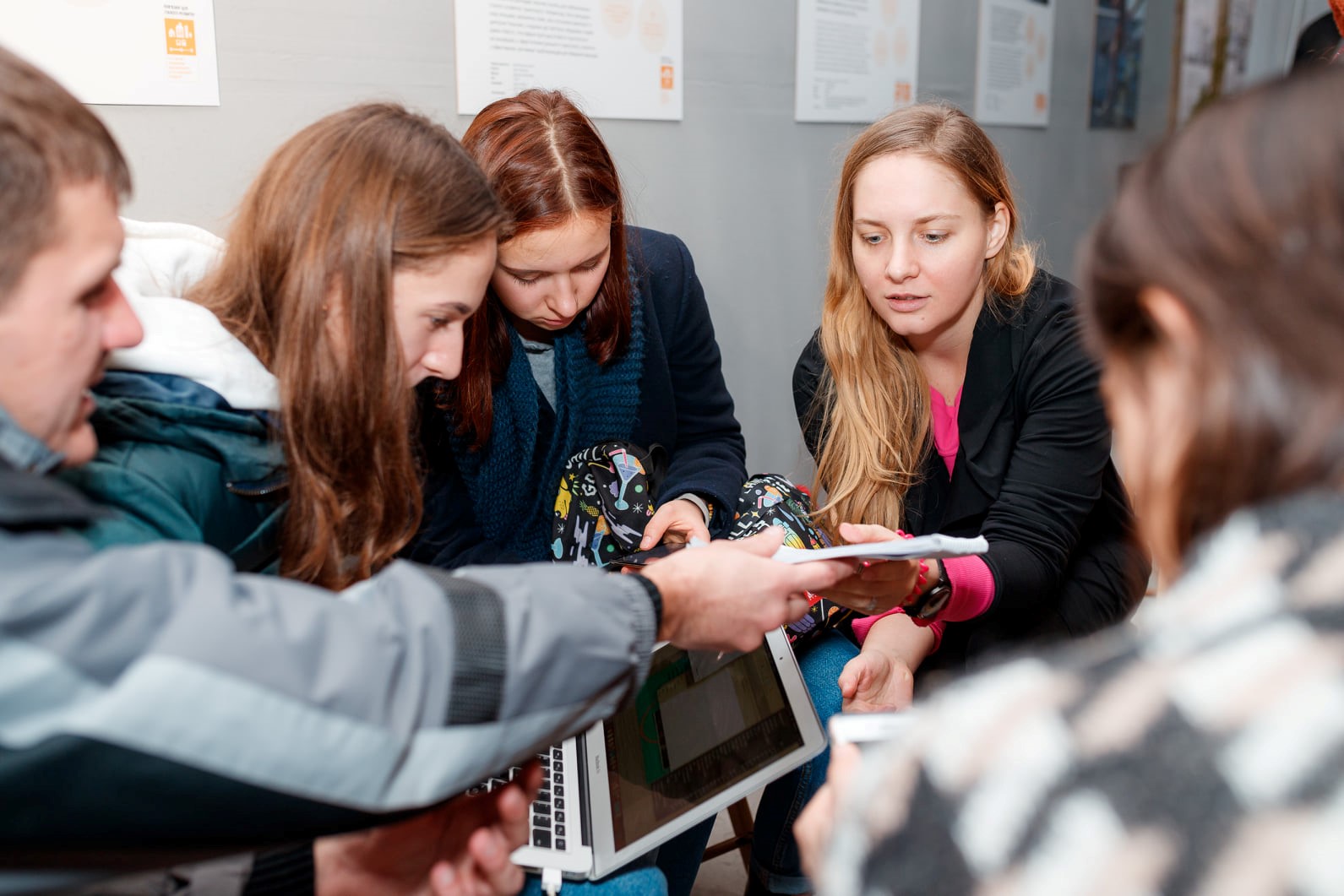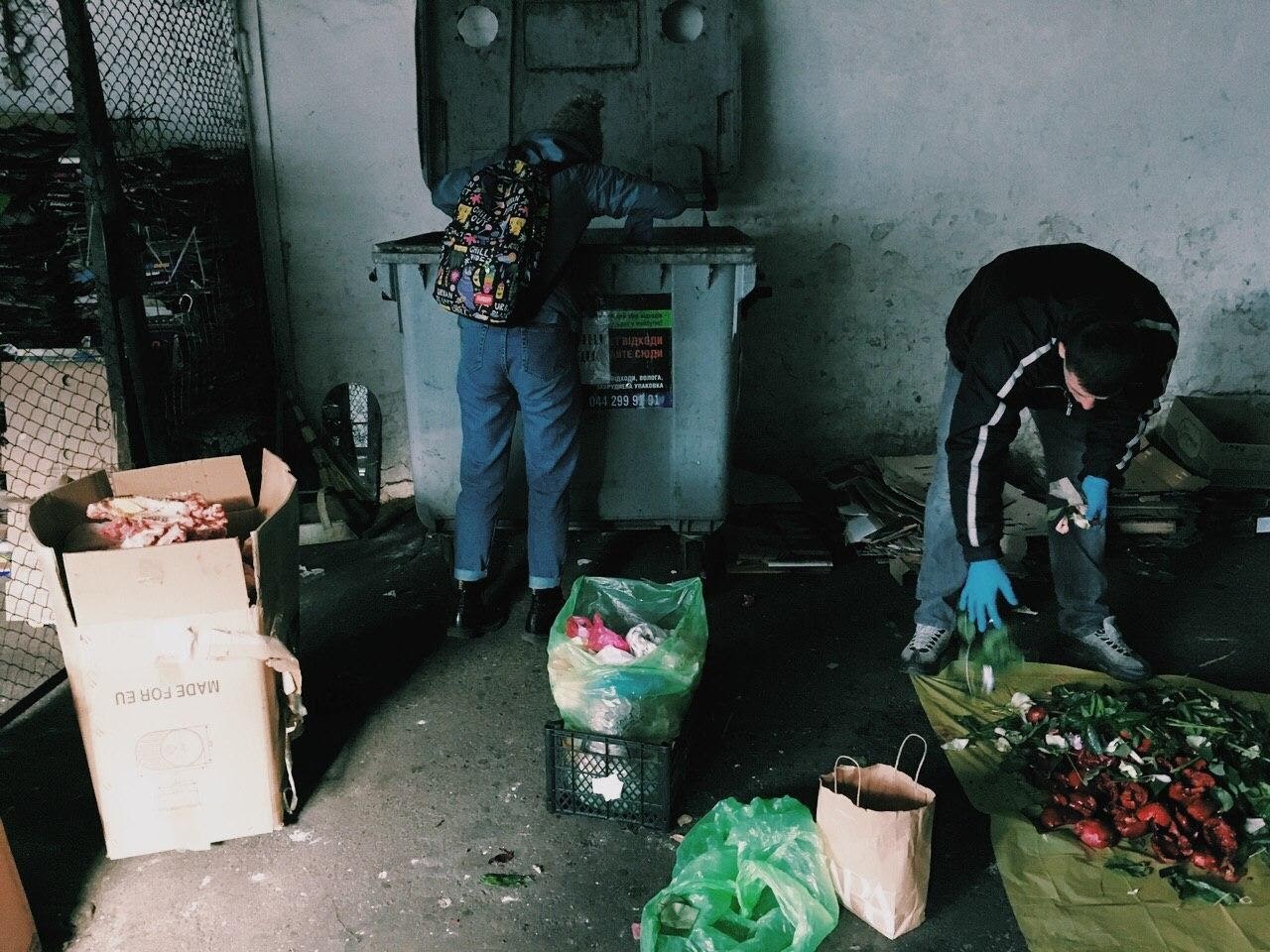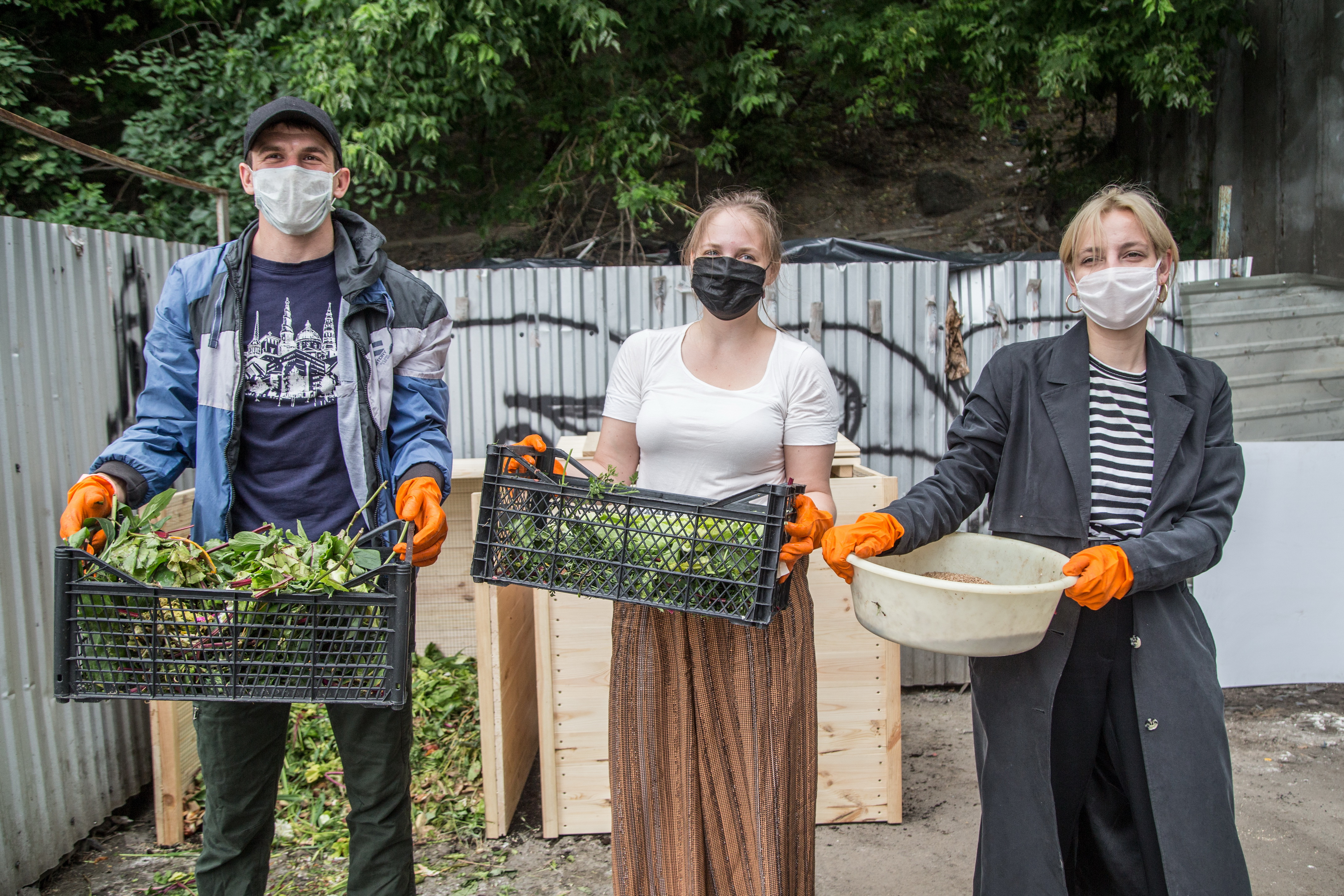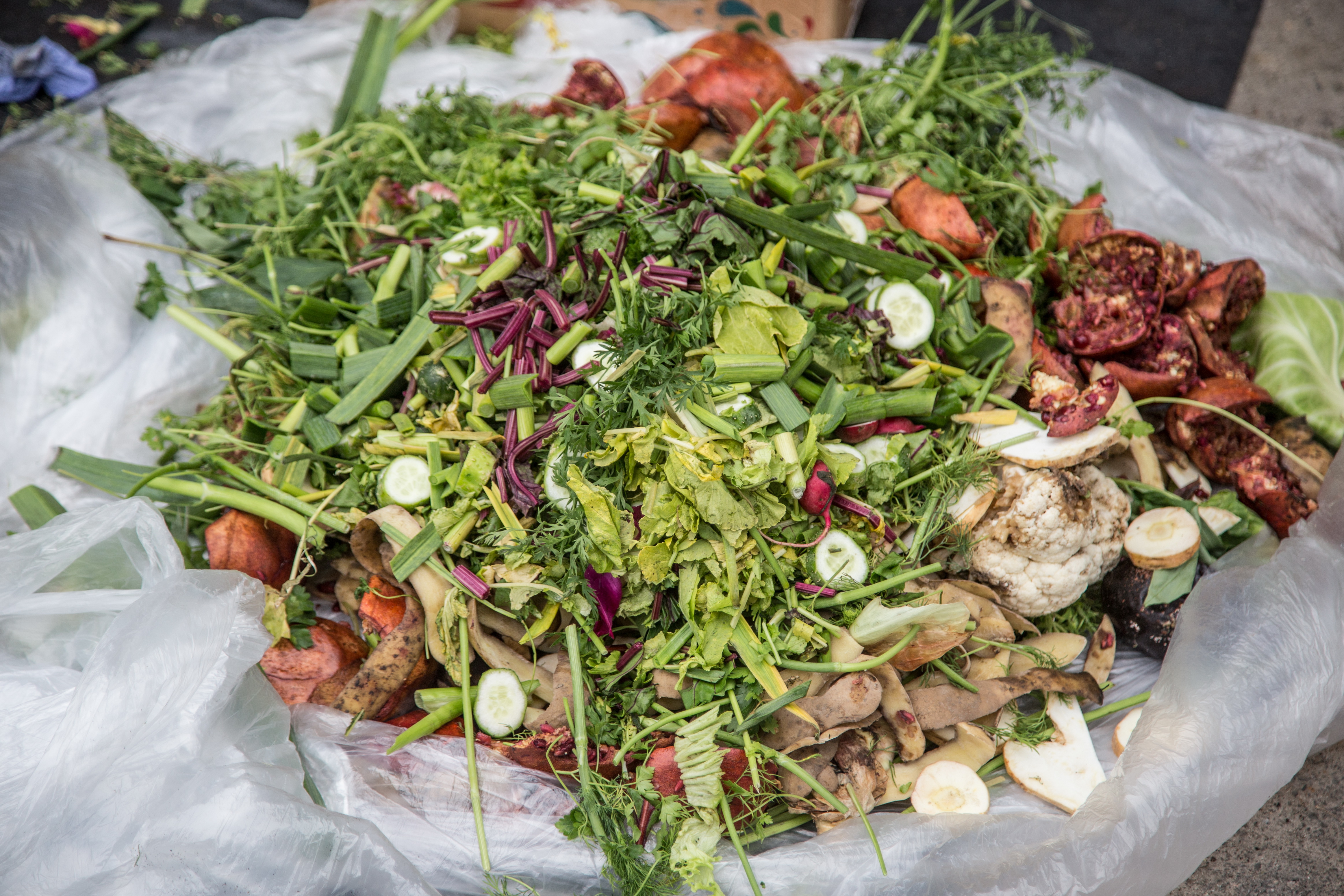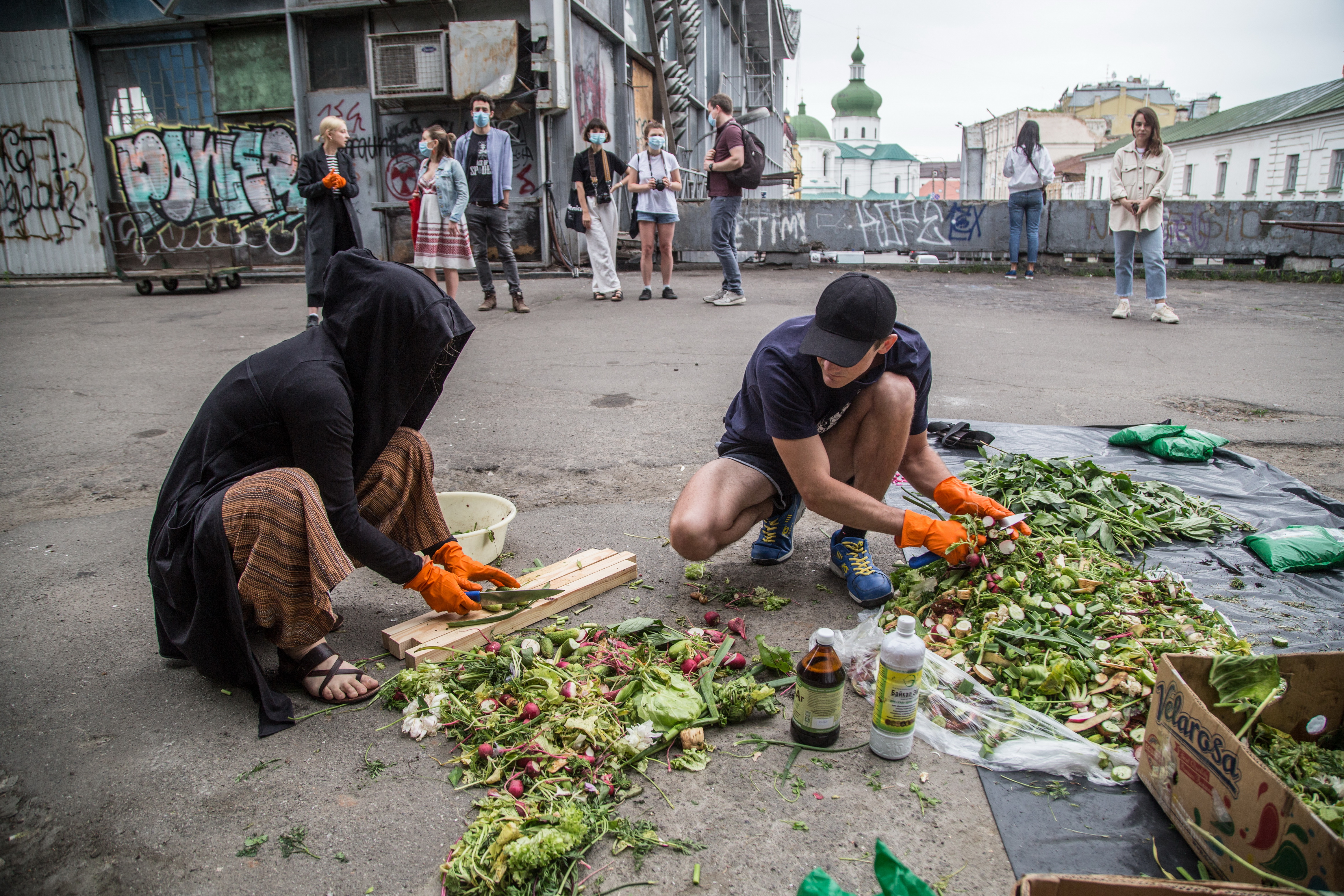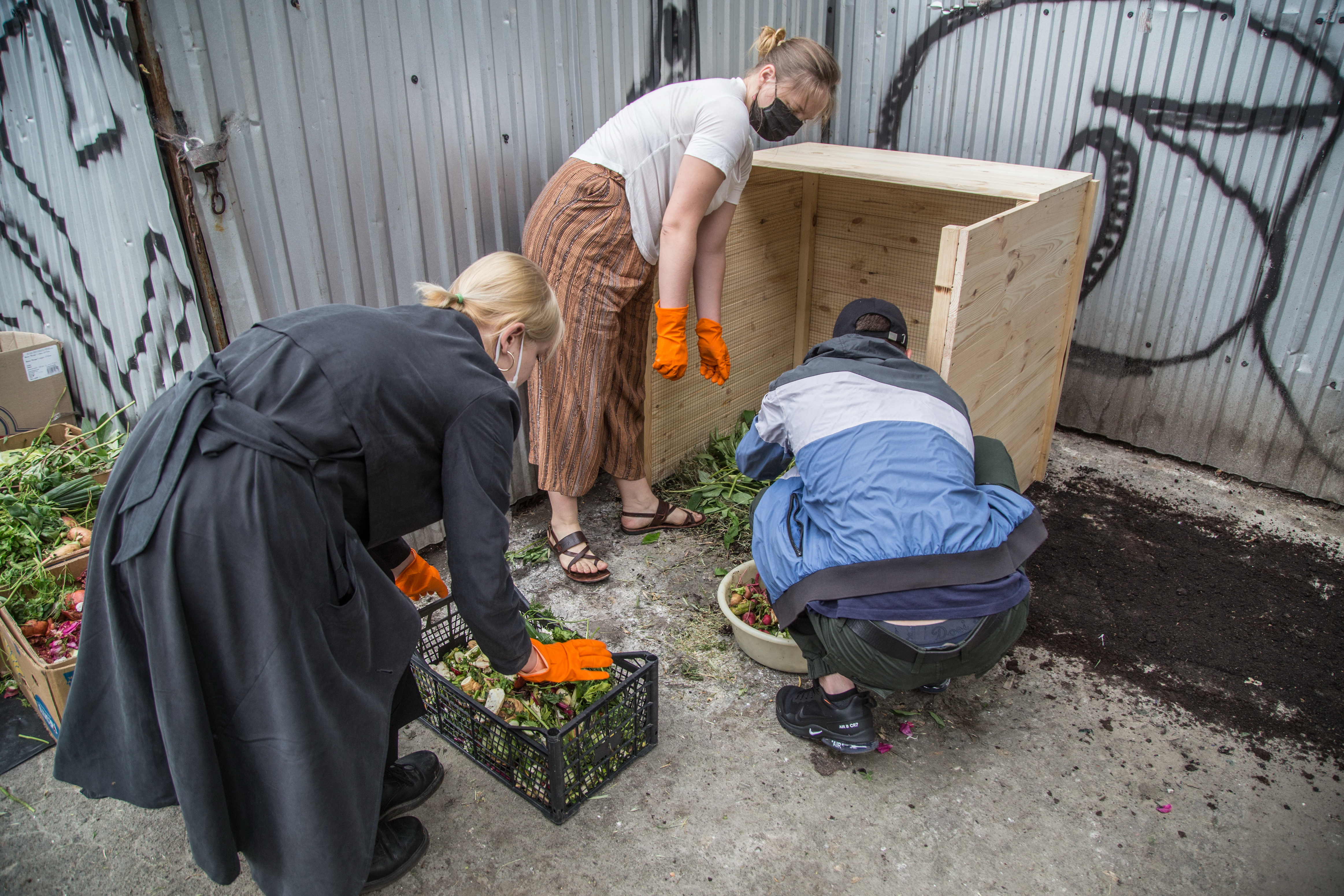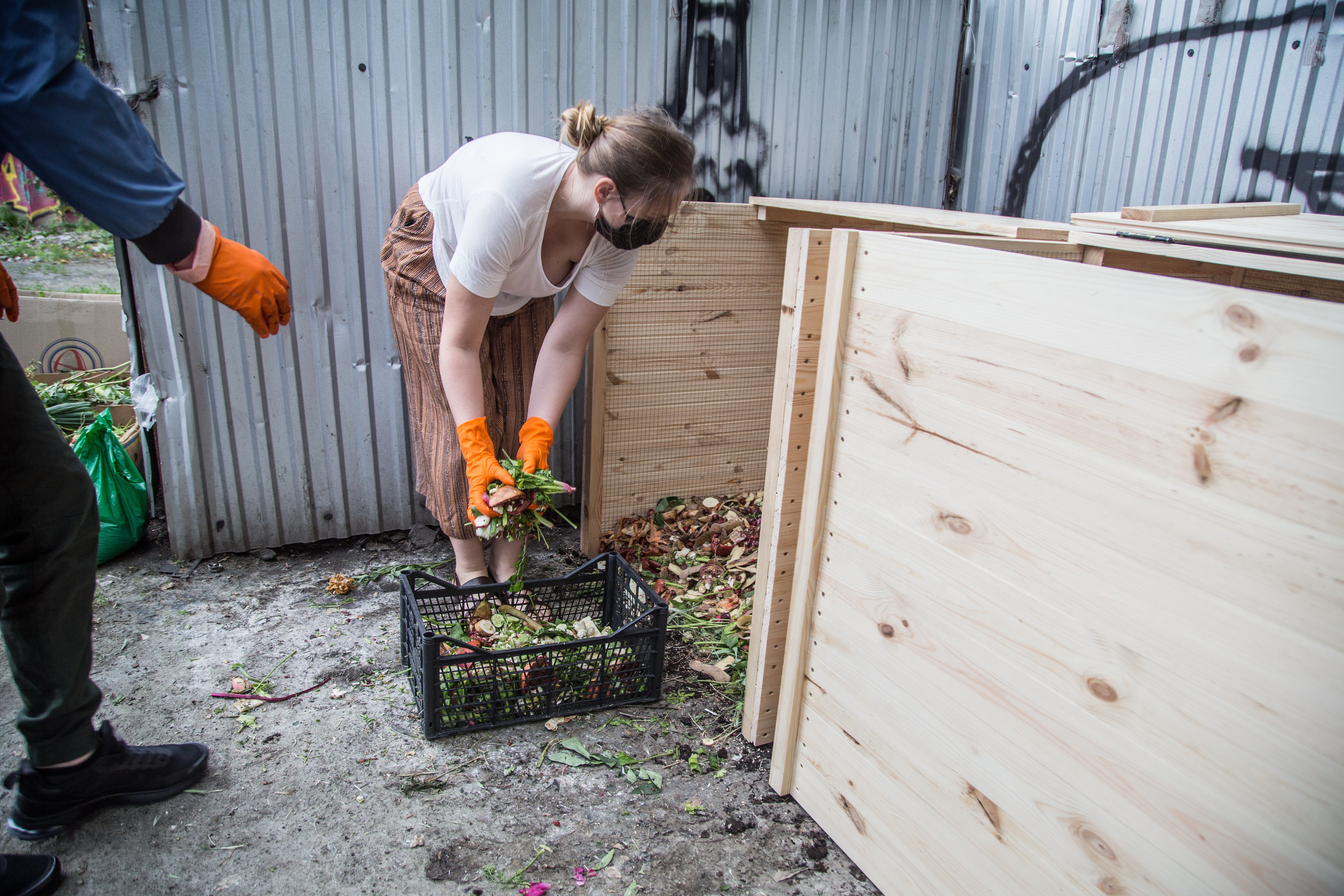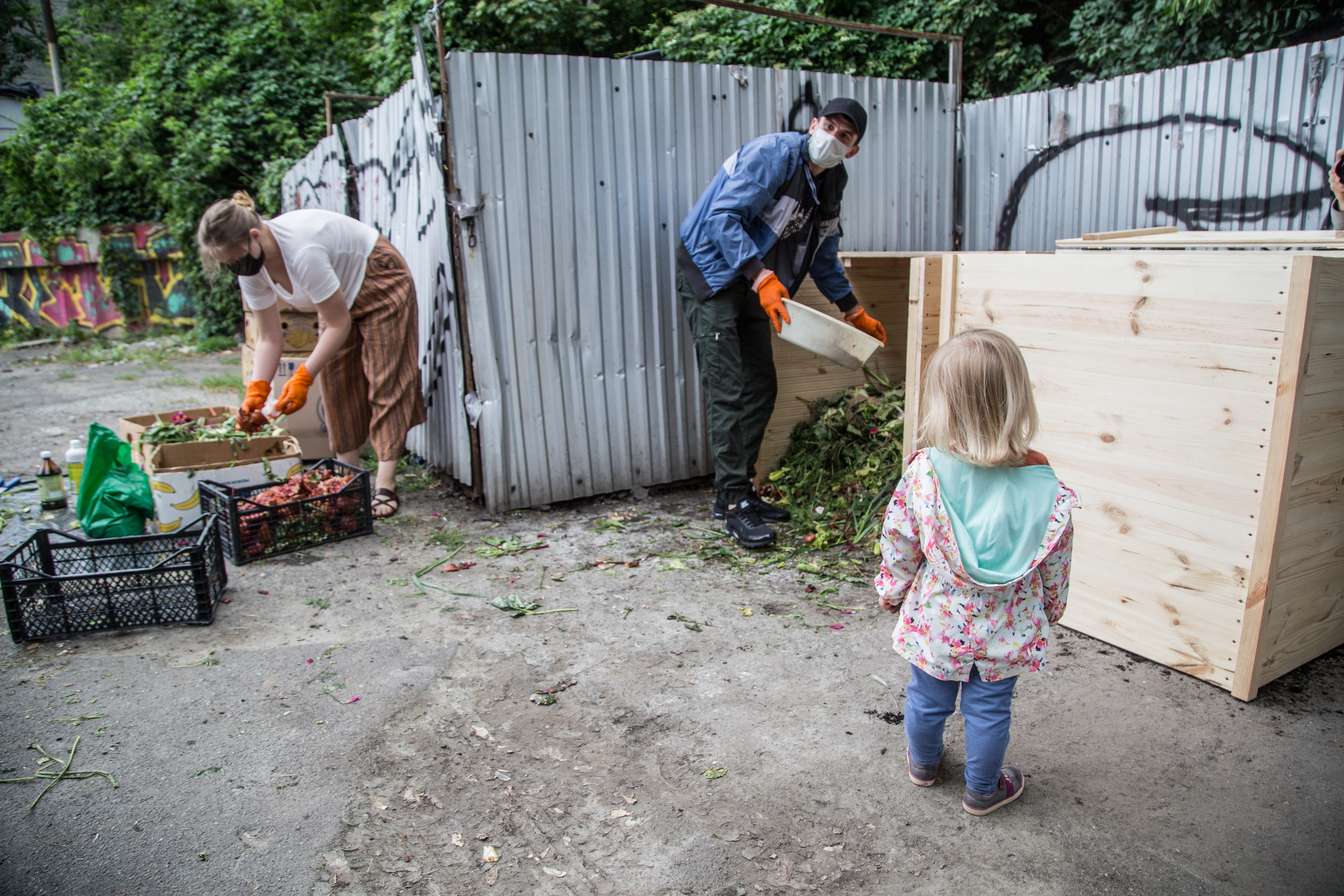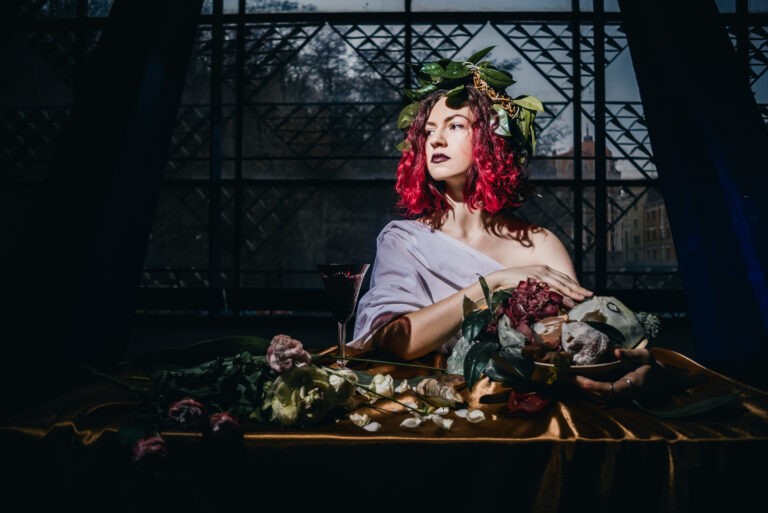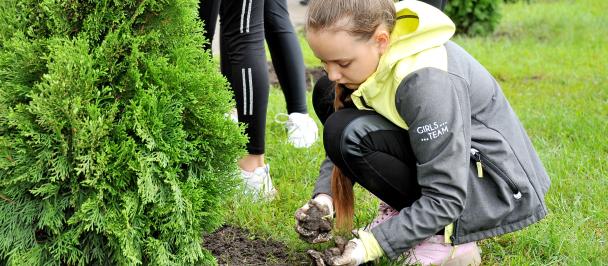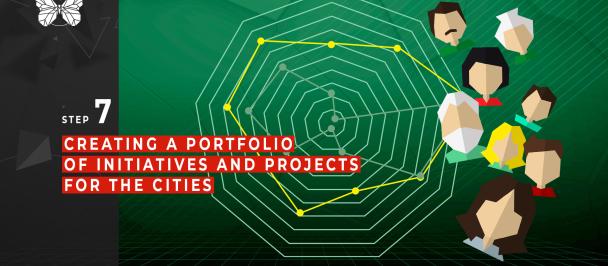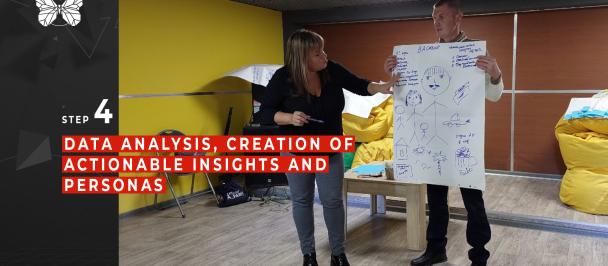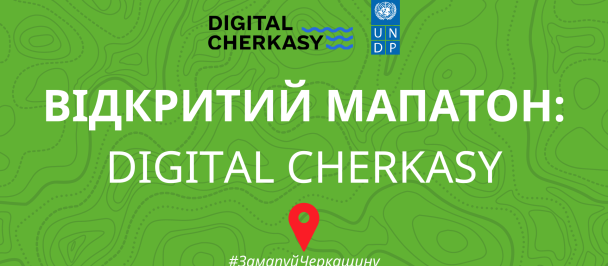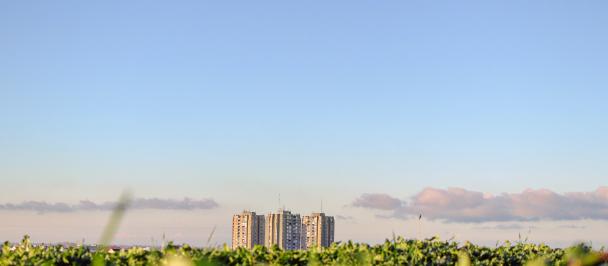Photo credit: Oleksandr Ratushniak / UNDP Ukraine
Text: Yulia Hudoshnyk, Kateryna Vereta, Oksana Udovyk, Oleksiy Moskalenko, Ievhen Kylymnyk; Translation: Tetyana Kononenko, Euan Macdonald
How can you find an eco-solution for your district in just two hours? More than that, how would you start implementing it right away? Eco-activist Kateryna Vereta, who is engaged in a composting experiment at the Zhytniy Market in Kyiv, knows! Her story is one about obstacles, the drive to act, and the importance of having a dialogue with local communities.
Katya, a first-year student at the Faculty of Biology and an activist of the Zelena Khvylia Environmental Club, does not take coffee-to-go if she forgets her reusable cup at home. She has a rule of not buying lunches in plastic boxes. She always has her own fork and eco-bag.
“I always wanted to take care of nature,” she says. “I remember collecting and handing out scrap paper when I was at school and for the money I got from this I used to buy medicines for animal shelters. Of course, it was all at the school level. I aspire to do much more. That is why I decided to join the university eco-club. It is easier to act when surrounded by like-minded people.”
Now Katya is one of the participants in the UNDP’s Community Safari initiative. What is it all about? A Community Safari is a quest to identify environmental issues and rapidly develop innovative solutions to tackle them using nature-based solutions.
During the first Safari, five teams of activists explored the territory of Podil district in Kyiv, looking for problems, and for nature-based solutions to them. The initiative was launched jointly by UNDP, Agents of Change and the Zelena Khvylia Environmental Club of which Katya is a member.
“We didn't know who would be in which team or which topic would work on,” Katya says. “During the Safari itself, someone mentioned Zhytniy Market. This topic troubles all of us. We want Zhytniy Market to become more eco-friendly and closer to European standards. The moment we saw a pile of organic waste inside, the idea was there: let’s put a composter here. What if it could become a role model for other markets in Ukraine?”
Photo: Andriy Krepkikh / UNDP Ukraine
Solution chasing stages
The eco activists immediately approached the management of Zhytniy Market and explained their idea. Katya was very surprised by their approachability: “I didn’t expect it would be so easy to find people in Zhytniy Market who would support third-party initiatives. The deputy director was delighted with our idea. He immediately promised to help us in every possible way and even provide a meeting room.”
However, this approval from management didn’t necessarily mean approval from the people who work at the market. During the experiment, Katya was able to see for herself that it would take much longer to explain the idea to them, and get them used to it.
In the first phase of the composting project, the team tried to understand where the waste from the market goes, and how much waste is there. It turned out that at Zhytniy Market everything is thrown into the same tanks and plastic baskets. When activists asked if leftovers vegetables and fruit could be thrown away separately, they faced a negative reaction.
“We were given a separate empty garbage can for this experiment,” Katya says. “We wrote ‘organic waste’ on it. It was for vegetation only. When the container was full and we began to disassemble it, it turned out that people had ignored our request. They’d thrown in meat, bones, plastic cups and napkins there.”
However, this didn’t discourage the environmental activists. They interpreted this miscommunication as a clear signal that they need proactive communication with the sellers.
Photo courtesy of Community Safari team: Eugenia Sukretna, Kateryna Vereta, Kateryna Borsuk, Yana Bobrova, Diana Shcherbina, Bohdan Makarenko
Now the team is developing special questionnaires and explanatory posters for market workers. They are thinking about how to tell people about their initiative in as easy and simple a way as possible, so that people are willing to participate and have a clear idea about how composting works. Katya emphasizes that not all people have a good understanding of what organic waste is, and why it is better that it does not end up in landfills. They don’t know that it rots there, emitting methane and explosive gases. At the same time, the waste could bring people financial benefit instead of harm: Compost can be turned into high-quality fertilizers, which they can then either sell or use for their own purposes.
“If people don't understand the purpose, they won't be interested in composting,” Katya says. “But we wanted it to work out.”
Mission accomplished. What’s next?
The team has engaged partners and is working with experts to analyse which composting option will be most cost-effective for the market, given the amount of waste it produces.
The market administration promised to cooperate with the city administration to install the composter. Finally, the day came, and on 14 June 2020, the official opening of the composter took place at Zhytniy Market.
However, according to Katya, the installation of the composter is just the beginning.
“We’ll make sure that it all works properly: that compost is produced and there’s a positive impact, that is economic benefits for the market. In future we want to launch a sorting station at Zhytniy Market. Not only for market workers, but for all residents of Podil district.”
Meanwhile, Katya's team is working not only on a technical solution to the problem but also on social aspects. They decided to turn the “inconvenient” waste, that people just want to get rid of and prefer not to notice, into something aesthetic, and in this way to break the existing negative stereotypes about organic waste and thus promote composting – which essentially means turning organic waste into fertilizer. See the results of this unusual experiment and learn more here.
Photo: Ruslan Synkhaevsky
The team will share the experiment results of the Community Safari inside their environmental club and beyond. Katya hopes that this initiative will inspire others to do something similar, or to join existing projects, or come up with new ideas.
“I try to live a more environmentally friendly life and motivate other people to do so,” says Katya. “Too bad I had no like-minded people during my school years, and therefore did less than I could. That’s why I really hope that my activity will now spark interest among younger students, and they will also want to change their cities for the better.”
Learn more about UNDP’s Community Safari and the five initiatives it stimulated in Kyiv. You may also want to join the online community of ecofriendly changemakers.

 Locations
Locations


